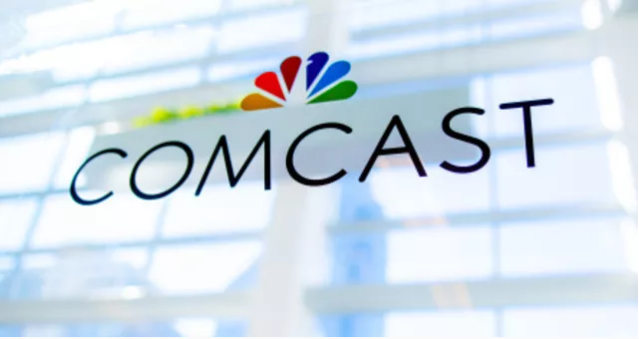Comcast Partners with Echo Environmental To Recycle Coaxial Cables
Echo Environmental will recycle approximately 70% of Comcast’s cable and coax waste each year

The professional video industry's #1 source for news, trends and product and tech information. Sign up below.
You are now subscribed
Your newsletter sign-up was successful
PHILADELPHIA & DALLAS—Comcast Cable has announced a partnership with Echo Environmental Holdings, LLC, to utilize a new recycling solution for its customers’ end-of-life coaxial cables.
The effort will allow approximately 70% of Comcast’s cable and coax waste to be recycled each year.
Coaxial cables include multi-layered cords with a steel inner conductor, insulating layer, and conductive shielding. These cables can be made of 27 different polymers that require separation for use in new products. Traditional recycling attempts have been successful in recovering the metals contained in the wires, but not the insulation and jacketing, which can end up in landfills.
In 2021, Echo Environmental, which is a subsidiary of Envela Corporation, created a new solution that creates high-polymer fractions from the insulation and jacketing without hazardous chemicals or incineration, allowing these substances to be reintroduced directly into supply chains as raw materials.
“Comcast works to continually recycle or divert cable equipment waste, and we have been in constant search for new technologies to maximize the recyclability and reusability of coax cable materials at end-of-life,” says Tom Vogel, senior vice president of supply chain & logistics for Comcast Cable. “Echo Environmental’s technology brings coax waste into the circular economy, converting coax into new materials that can be reintegrated into another product lifecycle.”
Echo Environmental’s first-of-its-kind plant has the capacity to recycle one million pounds of wire waste per month and will recycle approximately 70% of Comcast’s cable and coax waste each year.
The professional video industry's #1 source for news, trends and product and tech information. Sign up below.
George Winslow is the senior content producer for TV Tech. He has written about the television, media and technology industries for nearly 30 years for such publications as Broadcasting & Cable, Multichannel News and TV Tech. Over the years, he has edited a number of magazines, including Multichannel News International and World Screen, and moderated panels at such major industry events as NAB and MIP TV. He has published two books and dozens of encyclopedia articles on such subjects as the media, New York City history and economics.

